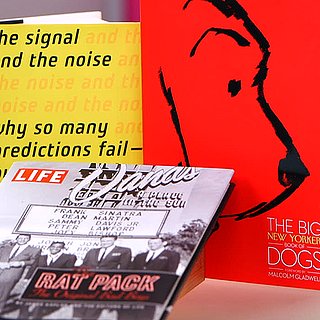Americans More Emotional Than English
Books Prove English Are Less Emotional Than Americans
We all know the stereotype that Yanks are more emotional than the stiff-upper-lip English. But a new study purports to pinpoint the moment — the 1960s — when the shift in expression occurred, at least in the written word.
Researchers at the Universities of Bristol, Sheffield, and Durham used Google to search for "mood" words in over five million books from the 20th century. The study looked for language associated with anger, disgust, fear, joy, sadness, and surprise and found that since the 1960s, American books have contained significantly more emotional content than English titles. And with the exception of fear, references to emotion have consistently decreased in English literature over the last century in general.
The study's coauthor Alex Bentley points to American postwar prosperity and the baby-boomer counterculture to explain the transatlantic divide. Bentley says: "In the USA, baby boomers grew up in the greatest period of economic prosperity of the century, whereas the British baby boomers grew up in a post-war recovery period so perhaps 'emotionalism' was a luxury of economic growth." The research offers other examples of how current events impact emotions expressed in books. For example, sadness was more common during World War II, while fear came up regularly during the Cold War era. When we look back on books published during our current era, I wonder what the dominant emotion will be.










0 Comments